I am doing this problem https://leetcode.com/problems/merge-sorted-array/description/
and this is:
You are given two integer arrays nums1 and nums2, sorted in non-decreasing order, and two integers m and n, representing the number of elements in nums1 and nums2 respectively.
Merge nums1 and nums2 into a single array sorted in non-decreasing order.
The final sorted array should not be returned by the function, but instead be stored inside the array nums1. To accommodate this, nums1 has a length of m + n, where the first m elements denote the elements that should be merged, and the last n elements are set to 0 and should be ignored. nums2 has a length of n.
Input: nums1 = [1,2,3,0,0,0], m = 3, nums2 = [2,5,6], n = 3 Output: [1,2,2,3,5,6] Explanation: The arrays we are merging are [1,2,3] and [2,5,6]. The result of the merge is [1,2,2,3,5,6] with the underlined elements coming from nums1.
For input of nums1 =[0] m=0 nums2 = 1 n = 1
i don't know why it is returning [0]
when i am doing nums2 = [...nums1]
can you please help me
/**
* @param {number[]} nums1
* @param {number} m
* @param {number[]} nums2
* @param {number} n
* @return {void} Do not return anything, modify nums1 in-place instead.
*/
var merge = function(nums1, m, nums2, n) {
if(m==0){
nums1 = [...nums2]
return;
}
let placement = nums1.length-1
let compare1 = m-1
let compare2 = n-1
while(compare1>0 && compare2>0){
if(nums1[compare1]<nums2[compare2]){
nums1[placement] = nums2[compare2]
placement -=1
compare2 -= 1
}
if(nums1[compare1]>nums2[compare2]){
nums1[placement] = nums1[compare1]
placement -=1
compare1 -= 1
}
if(nums1[compare1] == nums2[compare2]){
nums1[placement] = nums1[compare1]
placement -=1
nums1[placement] = nums2[compare2]
placement -=1
compare1 -=1
compare2 -=1
}
}
return nums1
};
